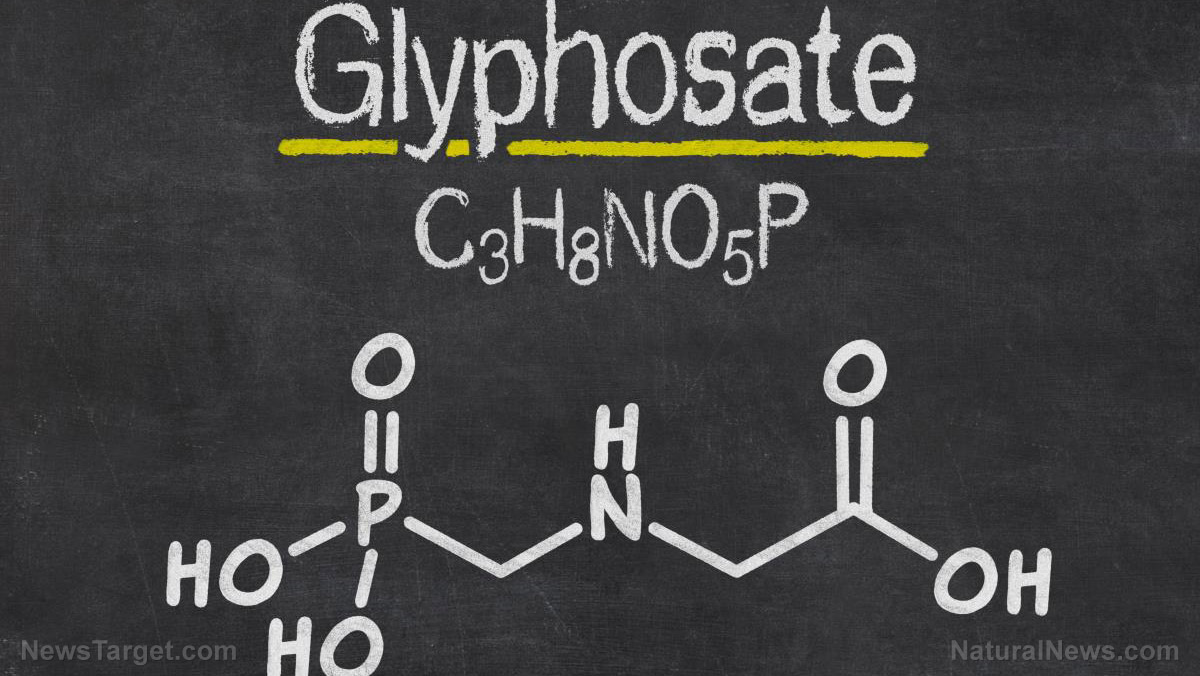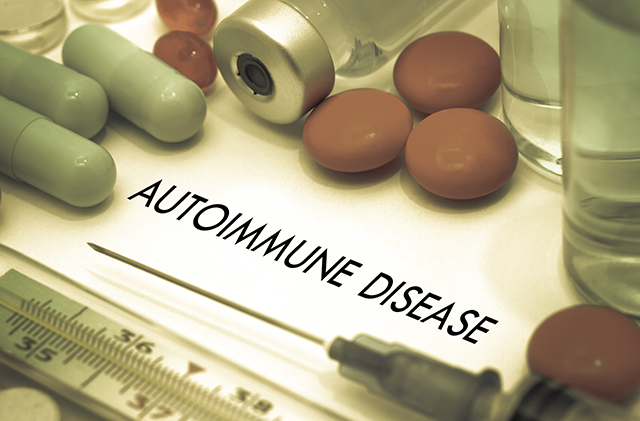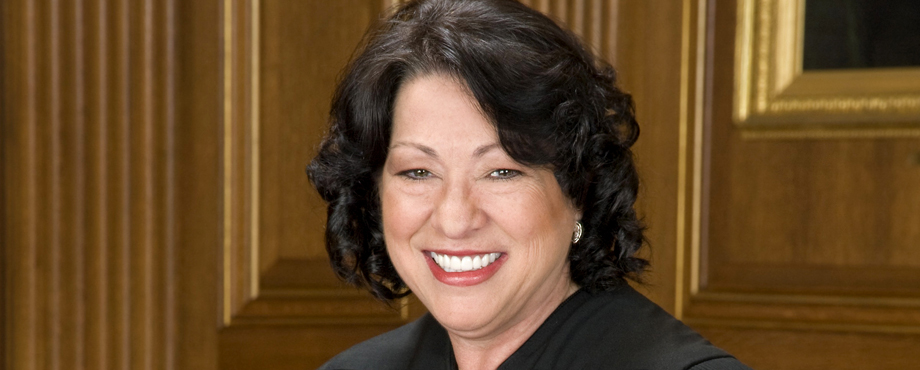FedEx collaborates with CDC, readies plan to mass distribute coronavirus vaccine, regardless of whether it’s safe or effective
11/15/2020 / By Ramon Tomey

Delivery company FedEx has prepared a plan to aid the federal government in distributing a COVID-19 vaccine to consumers. The firm expressed its readiness to assist in the administration’s Operation Warp Speed initiative– using over 5,000 facilities, 80,000 vehicles, 670 aircraft, and half a million team members worldwide.
Richard Smith, FedEx Express regional president of the Americas and executive vice president of global support, said the company has been ready since the H1N1 outbreak in 2009. He added that FedEx closely collaborated with the Centers for Disease Control and Prevention (CDC) to distribute a vaccine for the H1N1 virus, which served as the impetus for the company to invest more in cold-chain infrastructure and “unique monitoring and intervention capabilities.”
FedEx also announced its use of new technologies to track vaccine deliveries diligently. A report by Fox Business tackled the firm’s use of the SenseAwareID, which uses Bluetooth Low Energy to transmit a location every few seconds.
The technology permits more precise shipment tracking, which benefits both the company and recipients: FedEx can intervene if the shipment encounters a problem, and recipients can receive a new level of information about the delivery. In addition, the SenseAware ID will be used with predictive analytics to enable faster movement of vaccine shipments.
FedEx’s assistance in vaccine delivery plays a key role in Operation Warp Speed, as some pharmaceutical companies are estimating the delivery of 1.3 billion doses by 2021. The company might be sending out the vaccine candidate by Pfizer and BioNTech as its first shipment, as President Donald Trump insinuated that the drug maker’s candidate might likely be the first one approved for emergency use.
Despite the ongoing pandemic, FedEx’s business operations remained unaffected. In fact, it continued delivering personal protective equipment such as masks and Tyvek suits, ventilators and humanitarian aid to different coronavirus hotspots worldwide.
FedEx may be compromising the larger population with its delivery of an unsafe COVID-19 vaccine
The American delivery company is definitely ready to transport large amounts of coronavirus vaccine doses, with its almost 90 cold-chain facilities across the world. However, the vaccines themselves may not be ready for mass distribution – especially with reports of volunteers in phase three trials having adverse reactions to these shots.
As of writing, four pharmaceutical firms – Pfizer, Moderna, AstraZeneca and Johnson & Johnson – are conducting phase three trials on their coronavirus vaccines.
One volunteer, 29-year-old Ian Haydon, experienced adverse effects after receiving Moderna’s vaccine candidate. Haydon developed a fever of 103 degrees Fahrenheit (39.4 degrees Celsius) 12 hours after getting a second dose of Moderna’s vaccine. He also fainted in his home as a side effect of the vaccine despite seeking medical attention and subsequently being discharged. Haydon has since recovered.
Volunteers who participated in Pfizer’s vaccine trials also experienced side effects after receiving the doses. CNBC reported early October that a volunteer woke up with severe chills that he cracked a tooth after taking the second dose of Pfizer’s vaccine.
Others, however, have not been so lucky. Johnson & Johnson paused its vaccine trials “in compliance with regulatory standards” after a participant fell ill after receiving the drug maker’s vaccine candidate. Meanwhile, three participants in the British pharmaceutical firm AstraZeneca’s vaccine trials reported serious adverse effects. Two volunteers developed spinal inflammation in September, while a third volunteer from Brazil died in October.
The reports of adverse reactions came in light of Operation Warp Speed, which the administration of U.S. President Donald Trump launched to fast-track the development of a coronavirus vaccine. Trump initially questioned the stricter approval standards set by the Food and Drug Administration (FDA) over concerns that these delayed timelines for earlier approval. Eventually, the president relented his criticism of the FDA’s stringent standards.
Side effects such as high fever, chills and spinal inflammation commonly occur in vaccine trial participants. An increase of people experiencing this issue will definitely happen soon enough – once FedEx sends out vaccines to address the COVID-19 pandemic and the general population is inoculated against the coronavirus.
Sources include:
Submit a correction >>
Tagged Under:
cold chain storage, controlled temperature, coronavirus vaccine, COVID vaccination, covid-19 pandemic, delivery tracking, distribution, Fedex, logistics, medical delivery, outbreak, pandemic, pharmaceutical logistics, shipment tracking, vaccine delivery, vaccine shipments, vaccine storage, vaccine wars, vaccines, Wuhan coronavirus
This article may contain statements that reflect the opinion of the author
RECENT NEWS & ARTICLES
COPYRIGHT © 2017 IMMUNIZATION NEWS




















